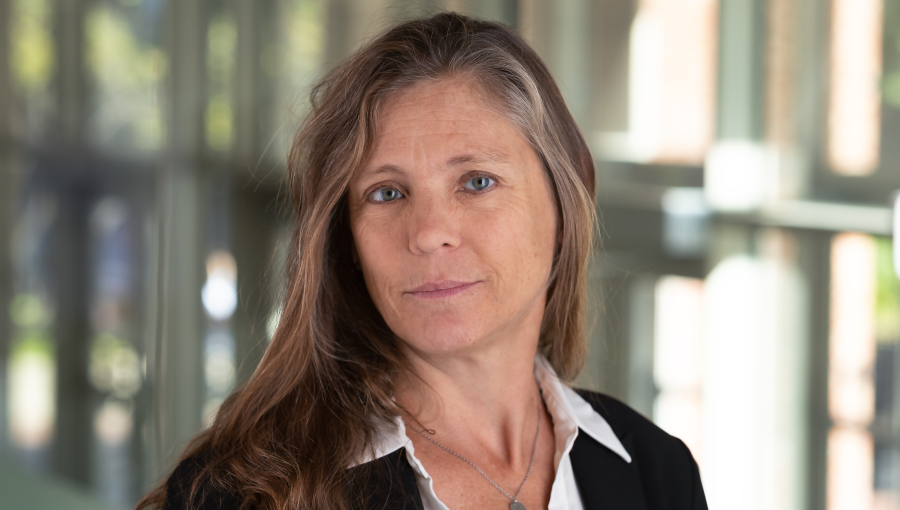The U.S. and the Middle East – An Evolving Situation
John Cabot University’s Guarini Institute for Public Affairs hosted an event called “The US and the Middle East – An Evolving Situation” on November 6, 2019. The guest speakers were Lucio Martino, Viviana Mazza, Farian Sabahi and Pratishtha Singh. Moderated by journalist Helen Romana Viola, the panel discussion focused on the Middle East and the 2020 US presidential elections.
2020 US presidential elections
The event kicked off with an introduction by Professor Lucio Martino, a member of the Advisory Council of the Guarini Institute for Public Affairs. On November 3rd, 2020, the US will hold presidential elections. Martino mentioned that due to the unpredictable nature of American elections, it is difficult to say who will win. Looking back in history, both presidents Jimmy Carter and George Bush were not re-elected due to the loss of their party’s support. In contrast, figures show that President Trump still has a solid base behind him. In addition, as Martino mentioned, polls from so-called ‘swing states’ show President Trump leading one of the democratic presidential candidates, Senator Elizabeth Warren, despite her momentum.
With regard to Trump’s recent decision to withdraw US troops from Syria, Martino suggested that the Middle East situation will play no role in the outcome of the 2020 elections. According to Martino, US foreign policy is more likely to be geared towards security and trade relations with China and Mexico.
Syria
Viviana Mazza, Foreign Desk writer at Corriere della Sera, discussed the situation in northern Syria and the upcoming US elections. Although the recent death of former ISIS leader Al-Baghdadi during the US military raid in northwest Syria may have given some credit to Trump, Mazza concurred that so far US policy in the Middle East is not having any major implications in the upcoming elections. She also added that foreign policy initiatives were often employed by Trump to divert public attention from domestic policy. Mazza then said that the US withdrawal from Syria led to the re-emergence of Russia as a power broker in the region.
Iran
Professor Farian Sabahi, whose work mainly focuses on the Middle East, talked about Iran’s position in the area in view of the United States’ May 2018 withdrawal from the nuclear deal, also known as Joint Comprehensive Plan of Action (JCPOA). This deal was signed in 2015 by the US, the UK, France, Germany, Russia, China and Iran. According to JCPOA, Tehran agreed to limit its nuclear program in exchange for the removal of US economic sanctions. Thus, Iran’s immediate reaction towards the US withdrawal from the nuclear deal was to threaten to further unfold its nuclear program. Professor Sabahi explained that although Iran’s economy has substantially suffered from Western sanctions, it nevertheless survived due to the diversification of its market (crude oil comprises only 43% of Iran’s exports, compared to 87% in Saudi Arabia). Although public support for JCPOA has substantially decreased in Iran, Professor Sabahi highlighted that Iranians will not tolerate another war (after the 1980-88 Iran-Iraq conflict). Therefore, she suggested calling for a dialogue between Europe and Iran, as Iran’s economy is very much in need of European investments.
India and Kashmir
Finally, Pratishtha Singh, author and social worker, covered the recent Kashmir events. On August 5, 2019 the Indian government revoked articles 370 and 35A of the Indian Constitution, which gave Kashmir some limited autonomy and restricted outsiders from buying land in the state. Thus, overnight, the disputed territory was cut off from all means of communication and a strict curfew was imposed across the territory, which comprises roughly 8 million people. Moreover, people in the region have reportedly been arrested and tortured. According to Singh, the political conflict in the disputed territories of Kashmir has turned into an “existential” issue, breeding anxiety and an identity crisis, because people don’t know whether to side with Pakistan or India. Singh also mentioned that the visit of the EU delegation, invited by Indian Prime Minister Narendra Modi to assess the situation in Kashmir was just an attempt to internationalize the Kashmir crisis. Singh then added that according to the Indian government, the revocation of articles 370 and 35A is aiming to integrate Kashmir into India, thus bringing progress into the area. Indeed, Singh highlighted the irony of such a statement as the major part of India now suffering from consequences of natural disasters and the Indian economy is clearly in recession.
Lucio Martino, Guarini Institute advisor, holds a doctorate in Comparative European History from the University of Bologna. He has been the Transatlantic Relations expert at the Military Center for Strategic Studies in Rome for almost 20 years.
Viviana Mazza is a Foreign Desk writer at Corriere della Sera. The focus of her writing includes the United States, Iran, Pakistan, Syria, and Afghanistan. She holds an M.S. in Journalism from Columbia University and a degree in International Law and Refugee Studies from the American University in Cairo.
Farian Sabahi holds a Ph.D. in from the School of Oriental and African Studies in London. Her areas of expertise include Pahlavi Iran, education in Iran in 1963-1979, gender issues in the Muslim world, and Yemen’s history in the 20th century.
Helen Romana Viola, Guarini Institute advisor, is a professional journalist for RAI, Italy’s national public broadcasting company, and she currently works at the Foreign Desk for the Italian National Radio. She attended New York University and focused on European history and U.S. politics.
Pratishtha Singh, Guarini Institute advisor, holds a Ph.D. in Italian literature from the University of Delhi. Her articles and essays have been published in journals and books across the world.
(Kamila Sabyrrakhim)






